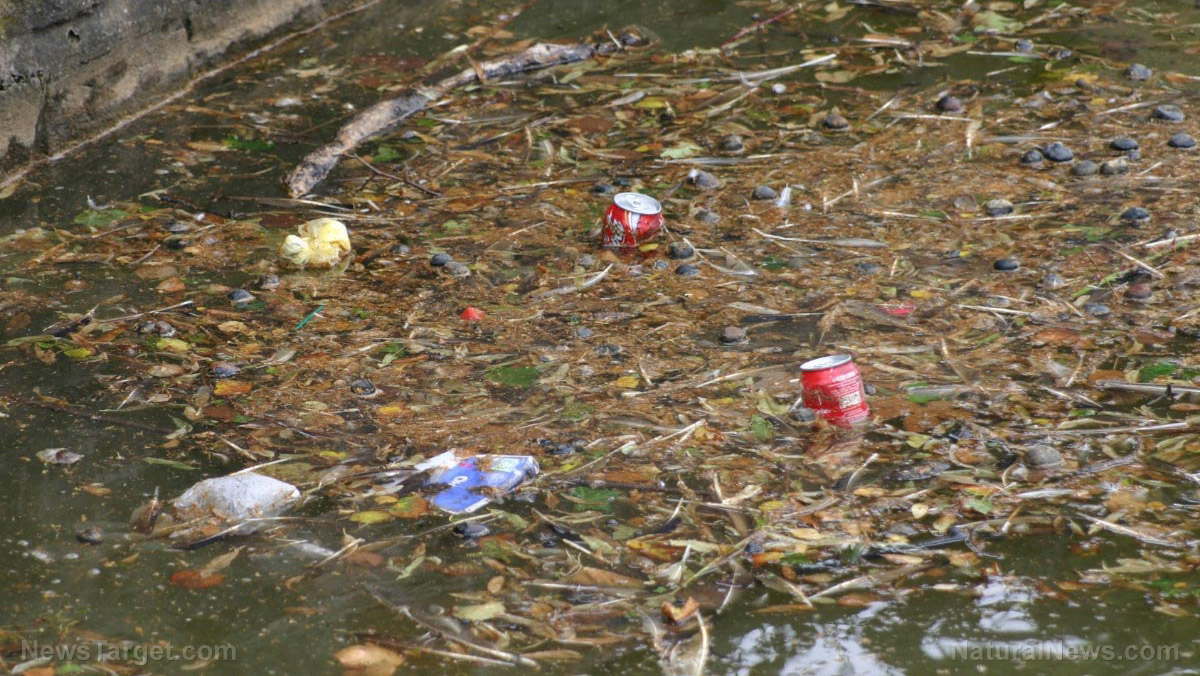Pharmaceuticals and other manmade contaminants affecting fish survivability by altering metabolism; pharmaceuticals threatening the food supply
01/27/2018 / By Earl Garcia

A recent animal study published in the journal Environmental Science and Technology revealed that exposure to pharmaceutical contaminants and pollutants — such as birth-control medication, anti-depressants and beta blockers — may drive fishes that live downstream from a typical sewage treatment plant to exert more effort to boost their survival.
- A team of researchers at McMaster University in Ontario, Canada collected wild sunfish specimen from an unpolluted local source as part of the study.
- The animals were divided into two groups. One group was placed in submerged cages at different points downstream from the Dundas Wastewater Treatment Plant near the campus. The other group was placed in an unpolluted pond in the headwaters of the same watershed. The animals were exposed to the water sources for three weeks in the summer of 2016.
- The results showed that fish exposed to wastewater had to work 30 percent harder in order to survive compared with their counterparts that were placed in an unpolluted pond.
- The research team observed that fish specimen placed near the wastewater treatment plant exhibited a significant increase in metabolic rate in order to decontaminate their bodies and eliminate the toxins.
- The scientists explained that metabolism increases with activity, sickness, or stress. This meant that putting more effort to decontaminate their body depletes the animals’ energy for other essential body functions such as movement, evading predators, catching prey, and reproduction.
- According to the study’s lead researcher, this survival effort puts animal populations at risk.
- The experts also noted that the findings underscore the unseen effects of pollution on certain animal species.
The researchers concluded that new water-treatment technology might be needed in order to protect certain animal populations from modern threats to their overall survival.
Sources include:
McMaster University. PHARMACEUTICALS AND OTHER CONTAMINANTS FORCE FISH TO WORK MUCH HARDER TO SURVIVE: CONTAMINANTS REMAIN AFTER TYPICAL WATER TREATMENT PROCESS. ScienceDaily. ScienceDaily, 16 January 2018. <www.sciencedaily.com/releases/2018/01/180116123744.htm>
Submit a correction >>
Tagged Under:
This article may contain statements that reflect the opinion of the author





















